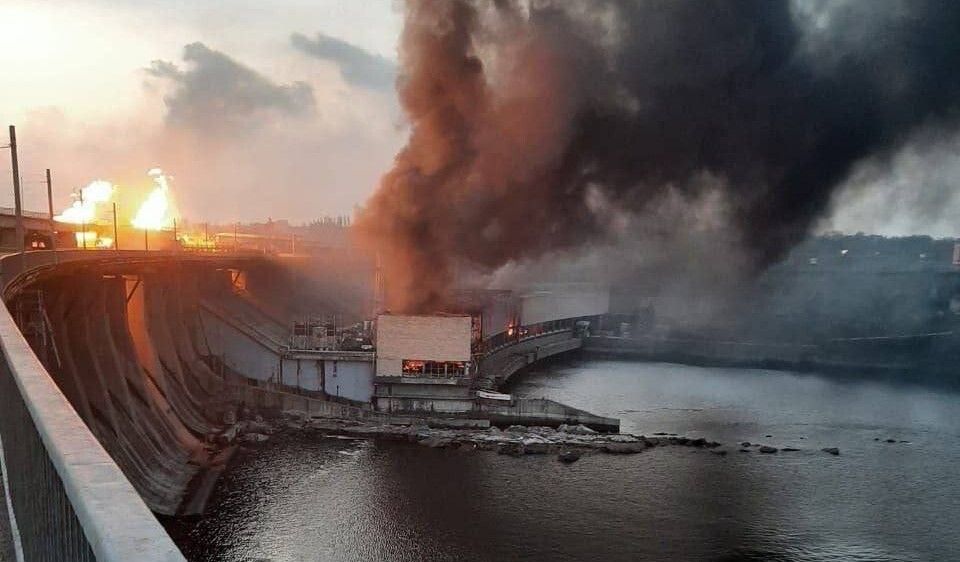Almost 1.5 million people suffer outages following Russia's 'largest attack' on Ukraine's energy infrastructure

Almost 1.5 million Ukrainians experienced power outages as a result of a mass Russian strike against Ukraine on March 22, according to Oleksii Kuleba, the deputy head of the presidential office.
Russia launched over 150 drones and missiles against Ukrainian cities and infrastructure in what has been called "the largest mass attack on Ukraine's energy grid" throughout the full-scale war.
Residents of eastern regions were affected the most. Kharkiv and the surrounding settlements experienced the worst outages, with around 700,000 people without power as of late morning, Kuleba said.
Around 250,000 residents were left without electricity in Dnipropetrovsk Oblast, 200,000 in Odesa Oblast, and 110,000 in Poltava Oblast. Zaporizhzhia, Kirovohrad, Vinnytsia, Sumy, and Khmelnytskyi oblasts were also affected.
Repairs have been ongoing since Kuleba's announcement made at 10:30 a.m. local time. At around 1:15 p.m., the state-owned energy company Ukrenergo said that the power supply had been restored in all regions except Kharkiv, Odesa, Khmelnytskyi, and Dnipropetrovsk oblasts.
"As a result of the largest mass attack on Ukraine's energy grid, an emergency shutdown had to be implemented in the morning during the attack," said Volodymyr Kudrytskyi, the head of Ukrenergo, in a comment for Radio Free Europe/Radio Liberty (RFE/RL).
Energy facilities have been damaged in several regions, most notably Zaporizhzhia's Dnipro Hydroelectric Power Plant. At least three people have been killed and 26 injured in the attacks across the country.
"The enemy launched one of the largest attacks on the Ukrainian energy sector in recent weeks," Energy Minister Herman Halushchenko wrote on Facebook.
"The goal is not just to damage it, but, just like last year, to cause a large-scale disruption in the country's energy system." Russian forces launched a campaign of mass strikes against Ukraine's power grid in late 2022 and early 2023 but failed to put it out of action.












